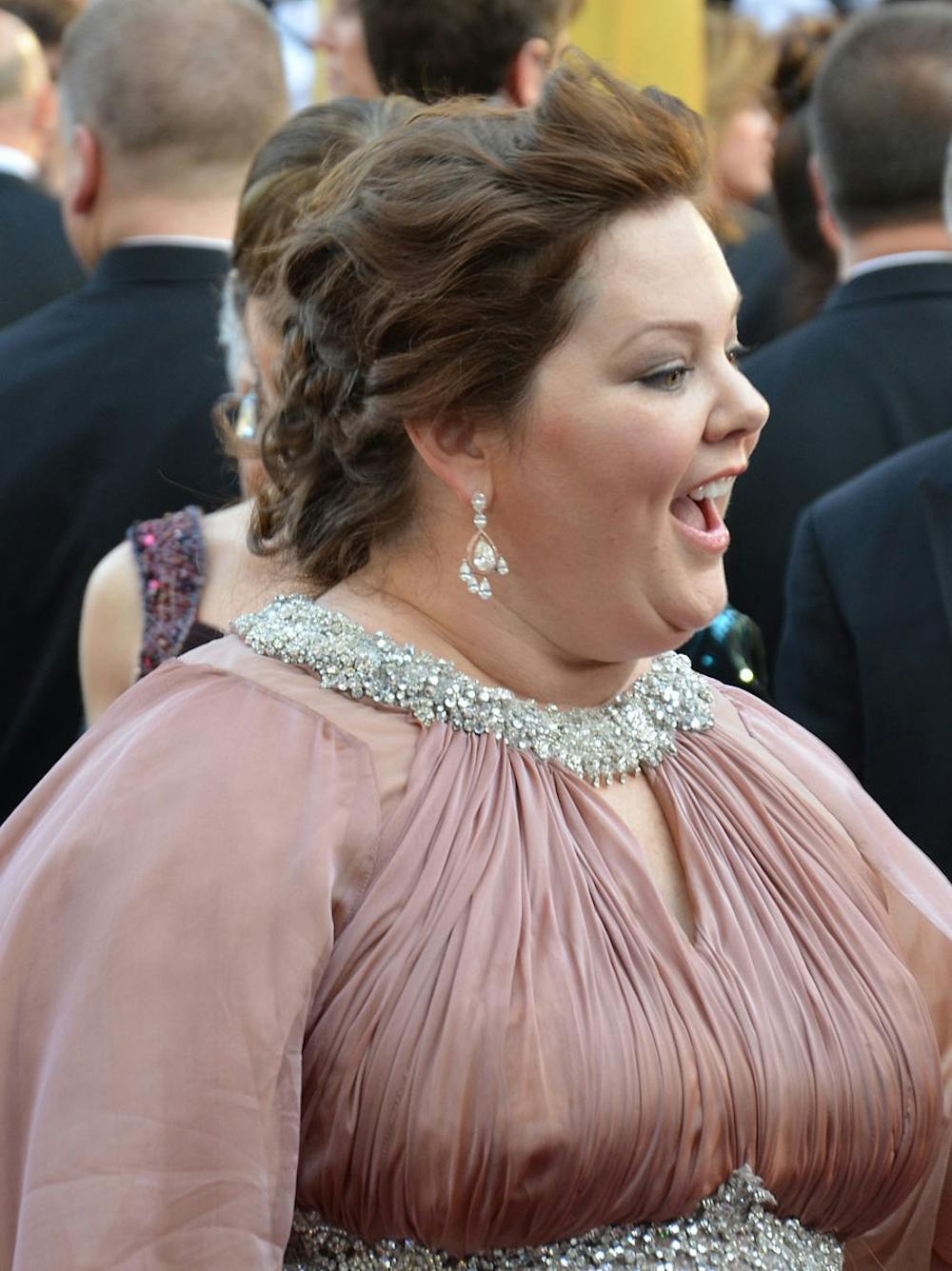“The Starling” is an unwieldy film. Alternating between unconvincing scenes of whimsical physical comedy and a grim depiction of grief in the wake of unimaginable loss, it seems constantly unsure of its own tonal ambitions.
With an uneasy balance of approaches, the film’s script is sketchy and undeveloped. Character arcs feel unnatural, relationships feel half-formed and the narrative shambles along in awkward ways, with the script never bothering to bring its plot threads and disparate tones together with any grace or coherence. The film has a handful of emotionally affecting moments, primarily courtesy of a handful of excellent performances, but it fails to come together in any kind of satisfying way.
Lilly Maynard, played by Melissa McCarthy, is a fierce woman. Initially seen in tranquil domestic bliss with her husband, Jack, played by Chris O’Dowd, and their newborn daughter, Katie, the film flashes forward to a more tenuous situation in her life. Seen distractedly working at her local supermarket, to her boss’ chagrin, and driving to visit her husband at a faraway mental hospital, it’s clear that somewhere along the way things went awry in her life. If this weren’t enough, there’s also the conspicuous absence of her baby daughter. Still, through it all, Lilly seems relatively unfazed.
It soon becomes clear that both of the Maynards are working through an unimaginable loss — the death of their daughter. The mental and emotional toll of the tragedy is what has forced Jack into his current living situation. He’s plainly flattened by Katie’s passing and seems unable to work towards bettering himself or his marriage. This decision leaves Lilly alone six days a week, toiling away in her garden or mindlessly attaching price tags to grocery items.
Eventually, although she’s hesitant to admit it, the isolation becomes too much to bear. Having been referred to Dr. Larry Fine, played by Kevin Kline, a disillusioned psychologist-turned-veterinarian, Lilly begins to strike up a tentative friendship with the man, each of them working to push each other outside of their comfort zones and emotional numbness.
The scenes between Fine and Lilly are often good — Kline and McCarthy share a warm and naturalistic chemistry that feels emotionally honest. Kline, in particular, is terrific in the film. He has a wizened and understated charisma that peeks out from behind his often prickly exterior.
It’s a shame, then, Fine and Lilly’s relationship is so poorly served by the haphazard screenplay. What initially seems to be the emotional heart of the film is abruptly shortchanged roughly two-thirds of the way through with whatever arc the characters and relationship experience almost implied more than depicted.
The film seems to shift focus to Lilly’s marital problems, as well as Jack’s mental health issues, as the film nears its conclusion. This isn’t an entirely unwelcome development — O’Dowd offers an entirely convincing and often moving depiction of depression and grief and provides several of the film’s most emotionally affecting moments. Still, the messy writing also hampers these dramatics arcs and developments, leaving the unfocused film in an all-around unsatisfying place.
In addition to these plot strands, the film also contains several scenes depicting a kind of rivalry between the protagonist and the titular starling, an aggressive and unruly bird who harrasses Lilly during her time in the garden. These scenes are the film’s nadir — filled with poorly executed bits of slapstick, unconvincing special effects and both an obtrusive score and grating soundtrack, nothing about this subplot works.
With its unique failings, this section is also emblematic of the film’s general faults. Even more than the other two primary narrative threads, this throughline feels half-sketched and never manages to neatly fit into the rest of the film. It’s the most problematic element of a film that, despite its occasional moments of emotional impact, is too messy to cohere in any meaningful way.







